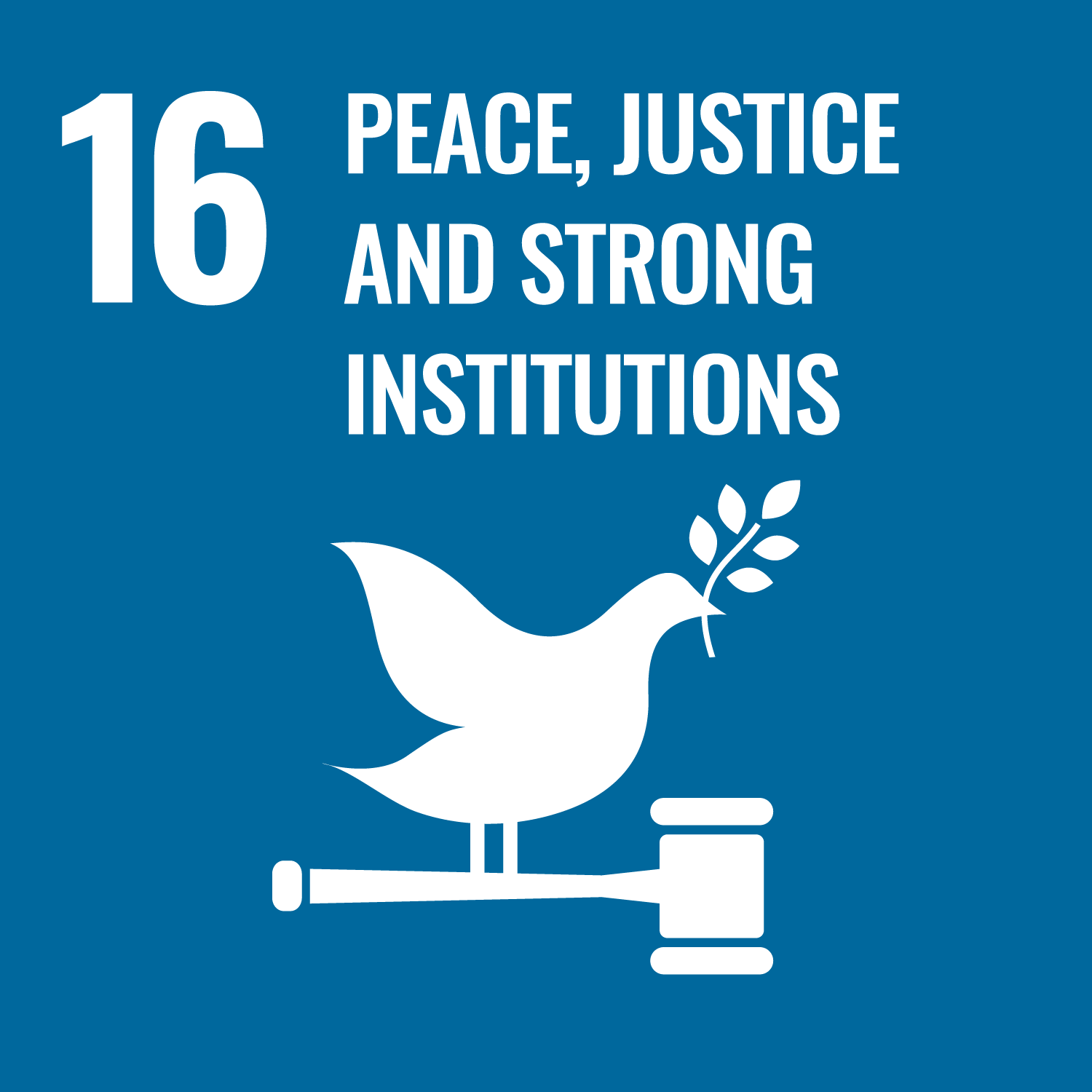ORCID
- Brian Campbell: 0000-0001-9387-4580
Abstract
The people of Ceuta see their town as an exemplary model of coexistence between Christians, Muslims, Jews, and Hindus. This “convivencia” is described as the brainchild of their mayor-president, who funds clients to enact his charismatic vision. Anthropology is sensitive to the moral ambiguities of patron–client relations but has overlooked the role of charisma in the reproduction of patronage reproduction. This article explores the theoretical and political implications of a process by which convivencia-patronage becomes seen as the extension of the patron’s charisma. Obscuring the historical dimensions of power, charisma blocks nuanced discussion toward the colonial legacy of convivencia as a way of controlling suspect minorities. It prevents change by channeling resistance toward the removal of the mayor-president, not the structures that enabled his rise.
DOI Link
Publication Date
2021-02-01
Publication Title
Focaal
ISSN
0920-1297
Deposit Date
2022-04-11
First Page
1
Last Page
16
Recommended Citation
Campbell, B. (2021) 'Pax Regis', Focaal, , pp. 1-16. Available at: 10.3167/fcl.2021.011102


